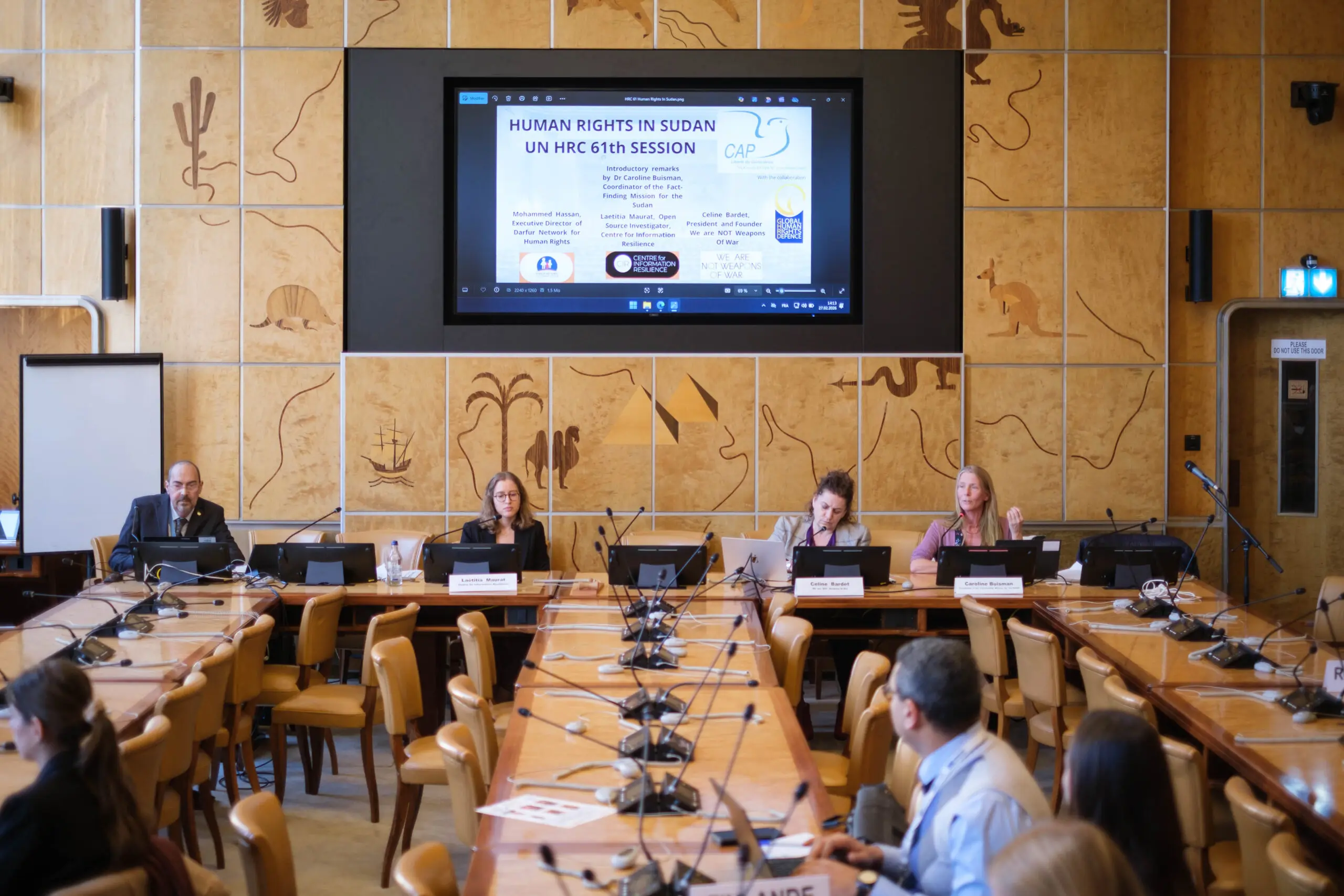A team of researchers at the University of Missouri is using a system of advanced sensors to detect the progression of ALS, or amyotrophic lateral sclerosis, with hopes of keeping patients healthier, happier, and in their homes longer.
Bill Janes, an assistant professor in the College of Health Sciences’ Department of Occupational Therapy, is the principal investigator on a $400,000 grant from the ALS Association to create a notification system capable of alerting trusted caregivers as soon as a fall or other health change is detected. Janes said the project will build on his own research and the work of eldercare research collaborators across Mizzou.
“There are some key factors that we can watch for to predict before people get sick potentially,” Janes said. “The hope is that we can intervene and try to slow things down down the road.”
By placing a complex system of sensors — adapted for people living with ALS over the past two years through a $500,000 grant from the Department of Defense — throughout a participant’s home, the research team aims to spot warning signs that might indicate the progression of the disease. The latest stage of the research will move the project beyond Columbia to the entire state of Missouri, with a particular focus on ways to notify a patient’s trusted contact and health care team when issues are detected.
Janes got involved with the Mizzou faculty research group after observing patients in MU Health Care’s ALS clinic sporadically miss their quarterly appointments without any insight given to their care team about why they were absent. When the team realized they were in the hospital or deceased, he knew there had to be a way to close the gap between health status changes and the health care providers.
Janes knew that Rachel Proffitt, an associate professor of occupational therapy, was collaborating with Marjorie Skubic, Curators’ Distinguished Professor Emerita with the College of Engineering, to use a similar sensor platform for older adults recovering from stroke. He reached out to his colleagues to see whether the technology could also benefit patients with ALS.
“It seemed like such a natural connection,” Janes said. “We have a population that needs that kind of monitoring, but we can’t do it if they’re only coming to see us quarterly. This system lets us monitor these patients’ health 24/7.”
Eventually, Janes said the hope is for the system to compile all available data on a patient and inform their health care providers when interventions might be helpful.
“If their gait speed is slowing, for example, that might indicate physical therapy needs to get involved,” he said. “If their oxygen saturation is dropping off, we could call in respiratory therapy to see if they might need a medication adjustment or something similar.”
Source: University of Missouri






